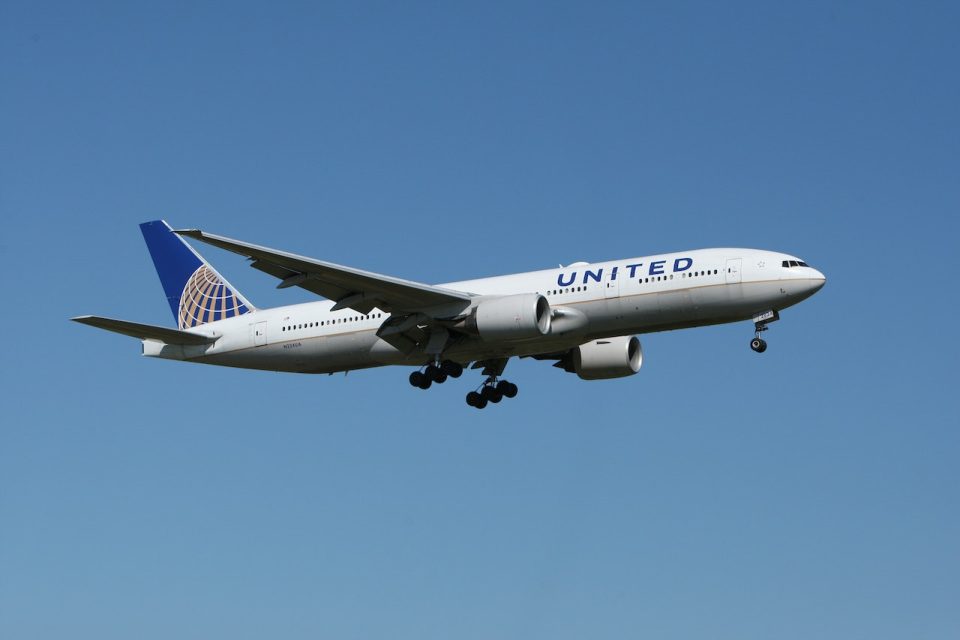United Airlines Holdings witnessed its shares experience the steepest decline in six months on Wednesday morning, following a grim warning from the carrier about the suspension of flights to Tel Aviv and the surge in jet fuel prices, both of which are expected to weigh heavily on its profit margin this quarter.
In a statement released late Tuesday, the airline stated that adjusted earnings for the fourth quarter are projected to be $1.80 per share, contingent on the flights remaining grounded through October 31st. This figure pales in comparison to the average estimate of $2.10 from industry analysts. Moreover, should conflicts persist in the Middle East and the flight ban extend through the end of the year, the airline anticipates a further dip in profit to as low as $1.50 per share.
The stock of the airline took a significant hit, plummeting by 7.2%, marking the most substantial intraday drop since April 12. Prior to this, United had experienced a commendable 6.4% surge in share value for the year.
United Airlines has grappled not only with a staggering 25% surge in jet fuel prices since June, but it has also acknowledged a slower recovery of elevated costs through fare adjustments compared to previous years, typically entailing a lag of one to three months. The company disclosed on Tuesday that fuel prices are set to rise to an average of $3.28 per gallon in the fourth quarter, up from $2.95 in the third. Notably, fuel and labor remain the two most substantial expenses for carriers. According to Airlines for America, a 10-cent per gallon escalation in fuel prices translates to an additional $2 billion in expenses for the U.S. passenger and cargo airline industry.
In stark contrast, rival Delta Air Lines Inc. reported a third-quarter profit last week that exceeded analysts’ projections. Nevertheless, it revised its full-year outlook downwards, citing escalating fuel and maintenance costs as the primary reasons. The market now turns its attention to the forthcoming results from American Airlines Group Inc., slated for Thursday.
Analysts maintain a sanguine perspective regarding United’s long-term potential, despite these short-term setbacks. Stephen Trent, an analyst with Citi, affirmed in a recent statement that the surge in fuel prices and the suspension of Middle East flights, both of which have disrupted momentum entering the fourth quarter, “would seem to reflect temporary factors, not structural impediments.”
United Airlines Holdings Inc. anticipates a surge in fourth-quarter revenue ranging between 9% and 10.5%, while costs associated with flying each seat a mile, a key metric of efficiency, are projected to rise between 3.5% and 5%. Helane Becker, an analyst with TD Cowen, countered this assessment, suggesting that while the airline attributes its non-fuel cost projections to the Israeli situation, “we think cost pressures are most likely in labor, maintenance and landing fees.”
The plummeting of the shares of United Airlines Holdings stands as a potent reminder to investors of the profound impact that turmoil in the Middle East can exert on corporate profitability. Even as analysts express enduring faith in the company’s long-term trajectory, these transient variables are expected to make a notable impression during the upcoming fourth-quarter cycle.
Source: Bloomberg

